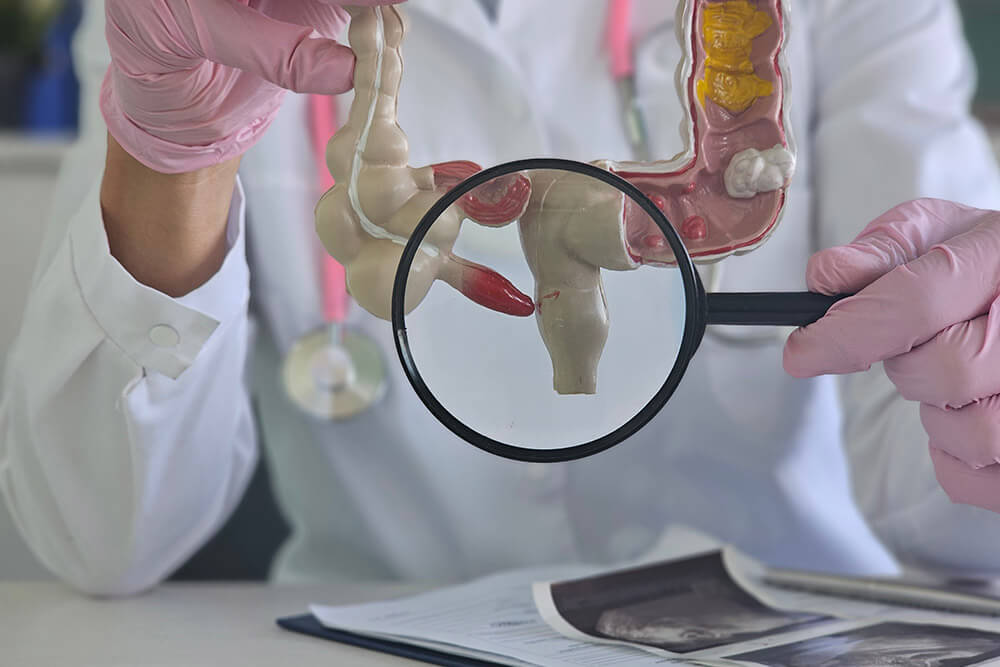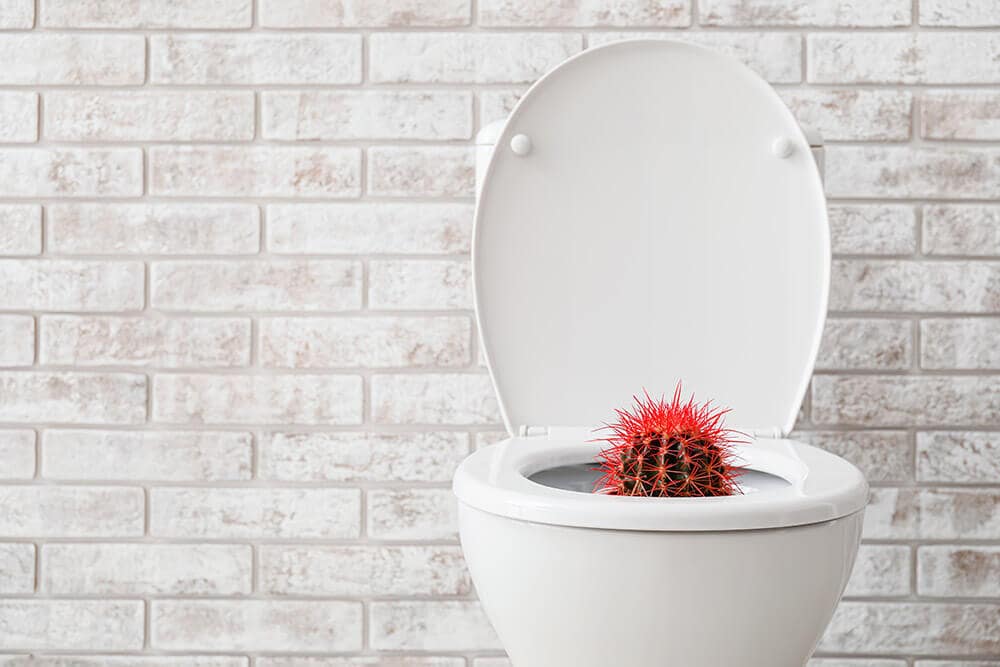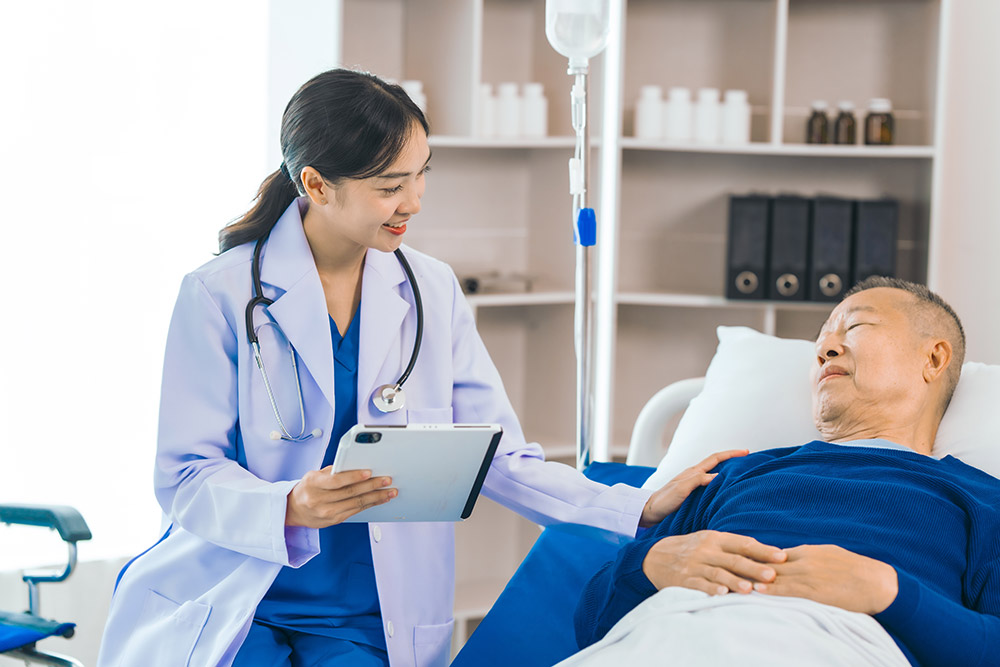What Is Early Satiety?
Early satiety occurs when you feel full after eating just a few bites of food. This premature sense of fullness can make it hard to finish meals and may lead to fatigue, weakness, or unintended weight loss.
Common Causes and Risk Factors
- Slow stomach emptying (gastroparesis)
- Stomach ulcers or inflammation (gastritis)
- Functional dyspepsia (indigestion without clear structural cause)
- Certain medications, such as opioids
- Diabetes and other systemic conditions
- History of abdominal surgery
- Stress, anxiety, or other psychological factors
Signs and Symptoms
- Feeling full after only a few bites of food
- Bloating or discomfort in the upper abdomen
- Early loss of appetite
- Nausea or mild vomiting
- Unintentional weight loss over time
How Dr. Rishi Diagnoses Early Satiety?
Dr. Rishi Chadha uses a step-by-step approach:
Medical History and Physical Exam
He reviews your eating patterns, current medications, past abdominal surgeries, and does a focused abdominal exam to assess for tenderness or distention.
Laboratory Tests
Routine blood work checks for anemia, thyroid function, diabetes, and nutrient deficiencies to rule out systemic contributors.
Imaging and Functional Studies
- Abdominal ultrasound evaluates for gallstones, liver disease, or gastric wall thickening.
- Gastric emptying scan measures how quickly food leaves your stomach, identifying delayed gastric emptying (gastroparesis).
Endoscopic Evaluation
An upper endoscopy (EGD) allows direct visualization of the esophagus, stomach, and duodenum to detect gastritis, ulcers, or structural narrowing.
Advanced Testing (if needed)
In select cases, he may recommend gastric manometry to assess muscle contractions or MRI enterography to look for subtle anatomical issues.
Frequently Asked Questions
What is early satiety?
Early satiety means feeling full after eating just a small amount of food, often within a few bites.
What is the ICD-10 code for early satiety?
The ICD-10 code for early satiety is R14.1.
What causes early satiety?
Common causes include slow stomach emptying (gastroparesis), ulcers or gastritis, functional dyspepsia, certain medications, diabetes, prior abdominal surgery, and stress or anxiety.
How is early satiety treated?
Treatment may involve dietary changes, prokinetic or acid-blocking medications, low-dose antidepressants, antiemetics, and sometimes minimally invasive procedures like Botox injections or gastric electrical stimulation.
How does Dr. Chadha diagnose the cause?
He reviews your medical history and medications, performs a physical exam, orders imaging or stomach-emptying tests, may do an endoscopy, and runs blood work to rule out other issues.
Can stress make early satiety worse?
Yes. Stress and anxiety can slow digestion and contribute to feelings of fullness.
What foods should I avoid?
Avoid large meals, high-fat foods, and high-fiber foods. Instead, eat smaller meals more frequently and chew thoroughly.
Is early satiety a sign of cancer?
It's rare. Dr. Chadha will evaluate and perform appropriate tests to rule out serious conditions, including cancer.
How soon will I feel better?
Most patients notice improvement within a few weeks of following a tailored treatment plan.
Does insurance cover the care?
Yes, most insurance plans cover evaluation and treatment. Our team will verify your benefits and help with any preauthorizations.











